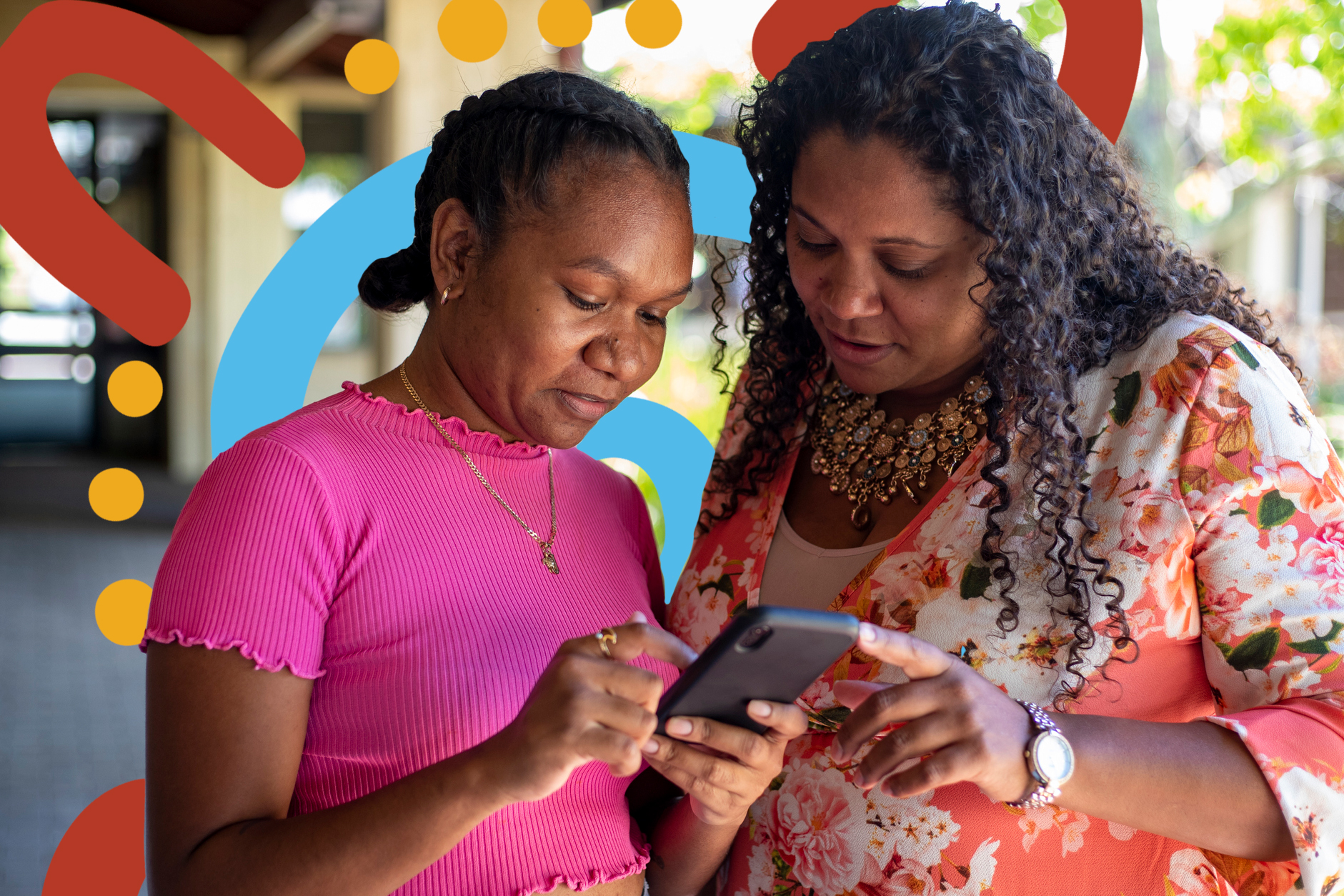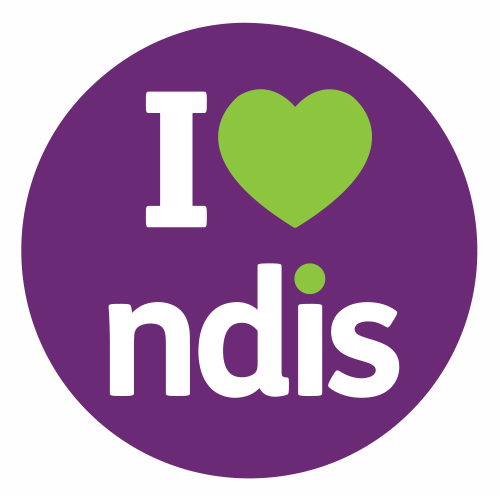
NDIS
The NDIS can provide all people with disabilities with information and connections to services in their communities such as doctors, sporting clubs, support groups, libraries and schools, as well as information about what support is provided by each state and territory government.

NDIS – What does it mean?
National: The NDIS is being introduced progressively across all states and territories. Disability: The NDIS provides support to eligible people with intellectual, physical, sensory, cognitive and psychosocial disabilities. Early intervention supports can also be provided for eligible people with disabilities or children with developmental delays. Insurance: The NDIS gives all Australians peace of mind if they, their child or loved one is born with or acquires a permanent and significant disability, they will get the support they need. Scheme: The NDIS is not a welfare system. The NDIS is designed to help people get the support they need so their skills and independence improve over time.
The NDIS provides funding to eligible people based on their individual needs.
What types of supports are funded?
The types of supports that the NDIS may fund for participants include:
- Daily personal activities
- Transport to enable participation in community, social, economic and daily life activities
- Workplace help to allow a participant to successfully get or keep employment in the open or supported labour market
- Therapeutic supports including behaviour support
- Help with household tasks to allow the participant to maintain their home environment
- Help to a participant by skilled personnel in aids or equipment assessment, set up and training
- Home modification design and construction
- Mobility equipment and vehicle modifications.
